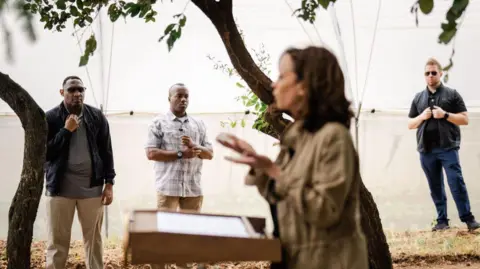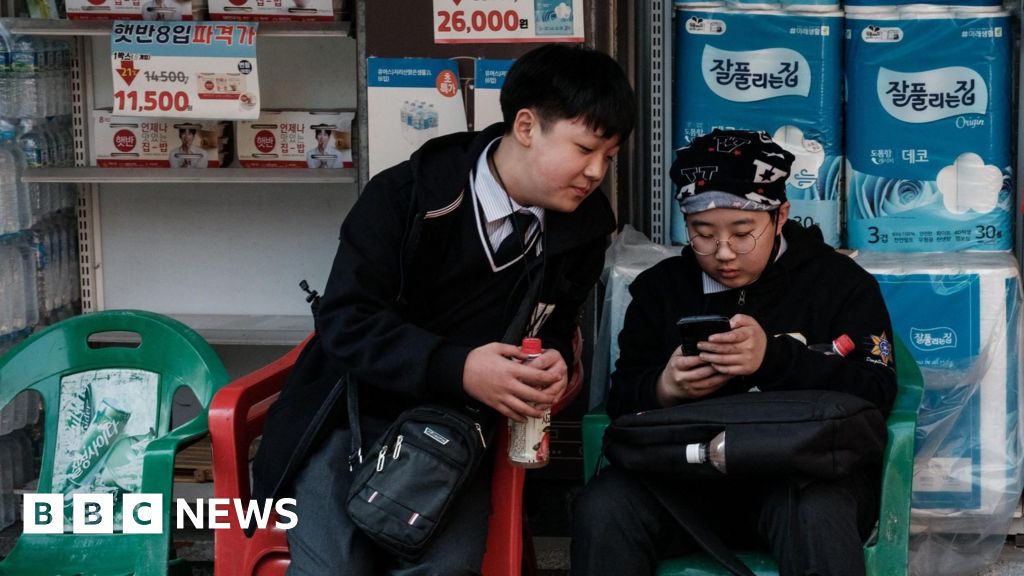In a concerning development, trainers at Marineland Antibes, a marine zoo in southern France that shut down in January, are employing sexual stimulation techniques on a male killer whale, Keijo, to prevent inbreeding with his mother, Wikie. The zoo's closure coincides with impending legislation prohibiting the use of whales in marine shows, leaving the fate of these orcas uncertain. Despite the facility being closed, both orcas continue to be housed in their pools under the care of trainers as the managers, government, and animal rights activists have not reached a consensus on rehoming strategies.
Recent footage released by the activist group TideBreakers captured a scenario where two trainers engaged in sexual stimulation with the adolescent Keijo, who was lying upside down in the pool, possibly indicating growing sexual urges as he matures. The footage shows Wikie observing nearby, raising concerns about the psychological implications of keeping the two orcas in separate pools—an arrangement deemed harmful given their natural sociable behavior.
According to Marineland’s administration, this approach is intended to manage Keijo's increasing sexual tensions as well as to mitigate potential conflicts between him and his mother. Despite their claim of the procedure being pain-free, animal welfare advocates, like Valerie Greene of TideBreakers, raise alarms regarding the ethicality of such practices. Greene pointed out that in her ten years as a trainer, she had never witnessed sexual stimulation carried out unless for semen collection.
While there are existing practices for the artificial insemination of captive female orcas, tighter regulations have made it increasingly difficult to implement such strategies without scrutiny, especially within European nations that have begun to outlaw certain breeding practices. For example, recent events have revealed that Japan, where breeding laws are less stringent, may be potentially interested in acquiring whale semen following the death of their last male orca, Earth.
With the timeline for rehoming the orcas becoming increasingly ambiguous, their situation is marked as dire. Despite previous intentions to relocate Wikie and Keijo to sanctuary options proposed by various activist groups, governmental rejections have stalled any such progress. Recent updates indicate that the participation of the French ecology ministry has not led to viable alternatives that reflect the urgency of the orcas' plight.
Animal rights groups are voicing their frustrations, suggesting that the government needs to adopt proactive solutions for these orcas rather than resorting to what they describe as morally questionable practices. Efforts to expedite the approval of a sanctuary site, in collaboration with international wildlife organizations, are crucial as every passing day presents increased risks to the orcas' well-being. The ongoing stalemate paints a grim picture for Keijo and Wikie, whose chances of escape from captivity diminish with each delay.






















